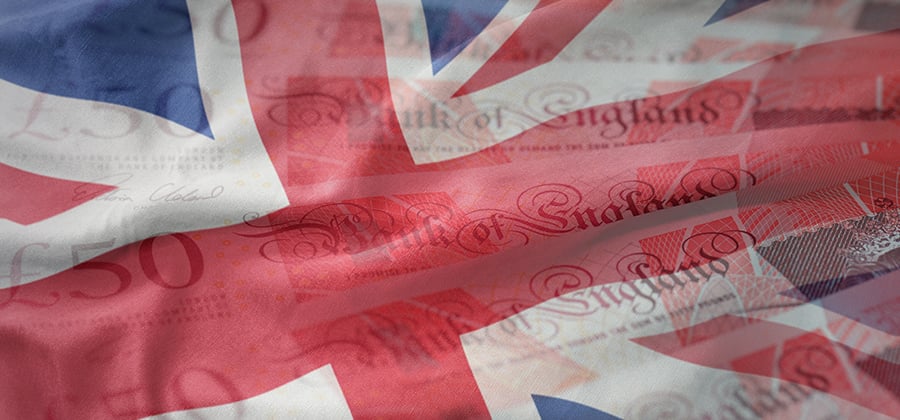Like all analogies, it has its limits. What is the price of a barrel of data? Indeed, what is the unit equivalent to a barrel?
The first time I flew with a computer disc, it was a 65MB (5 platter) that weighed as much as my luggage and I needed a customs clearance form. I have packed nearly 1.5TB for an upcoming holiday which fits in my hand luggage. That’s exponential change in action.
We can now talk about yottabytes, an amount that is hard to comprehend. However, that’s about quantity, not value.
Which contains the most information of these three examples:
- An MP3 recording of Beethoven’s 9th symphony
- The Formula for the entropy of a Schwarzschild Black Hole of Mass M
- A photograph of a kitten that looks like Hitler. (It’s taken 150 posts for me to invoke Godwin’s Law)
It’s not difficult to estimate the quantity of data required to encode each of these three examples, but what does it say about value, if anything?
For many people an MP3 recording would be good enough, but for an audiophile, they would be happy to pay extra for a more “faithful” rendering of the “same” content. The same is true of movies. Watching Star Wars in 3D in an IMAX is a very different experience to seeing it on a tablet device.
It wouldn’t take much data to encode the Bekenstein-Hawking formula for the entropy of a blackhole. However, an experiment to prove it would require huge amounts of data captured with great precision. Here we can distinguish big data from what is sometimes called “big insight”.
Most of us would recognise the difference in say a thumbnail photo of Picasso’s Guernica, from a post card, or experiencing the real thing, or a high-quality print of the painting.
My favourite unit of storage is the LoC, a “Library of Congress”. There is an interesting debate about how much that is. The point of this unusual measure is that we think of Libraries as having “value”.
While, from a technology perspective, claims that we have created more data in the last 2 years than in the whole of human history sound impressive, does it really matter much if it’s photos of cute kittens and odd-shaped vegetables?
Think of the Radio 4 Today programme business section in 30 years’ time? We are living in the digitally transformed world of digital currencies, autonomous vehicles, fintech, digital enhanced learning and health among much else. What will be used as the measure of our “information wealth”? In other words what is the equivalent of say the price of a barrel of Brent crude?
We can argue that there is so much data that it will effectively have zero value. The value comes and will come from contexts in which it is exploited. So, what might be the unit(s) of value?
I think that this is important and a timely question to ask. If you want to read one book outside the IT Discipline this year, I’d recommend Mariana Mazzucato’s new book, “The Value of Everything”.
She is a distinguished economist with a strong interest in innovation, something important to the IT community. Her central argument is that we have lost sight of value in our understanding of the economy. The book takes a historical perspective and asks some fundamental questions about the sources of value in the modern economy, who creates it and who is rewarded for it.
For instance, how innovative would you claim Uber or Airbnb are compared to the creation of the first taxi service or the first hotel chain? I would argue that reasonable people will and should differ on their interpretations of what constitutes value to the economy and society. That is the meat of real world politics.
So, if we want IT to be a force for good, then we need to be part of a debate about what constitutes value now and going forward.
Information is a “slippery” concept. It can have current value and historical value. It can have cultural and economic value. It also has security and surveillance value. There are many other aspects of value in differing contexts.
The challenge, from my perspective, is how can you build societal and economic value for an “Information Age” without an underpinning theoretical framework for the value of the information building blocks?
I am reminded of a parody by a colleague some years ago:
“Data, data everywhere and not a drop to drink”... Cheers












